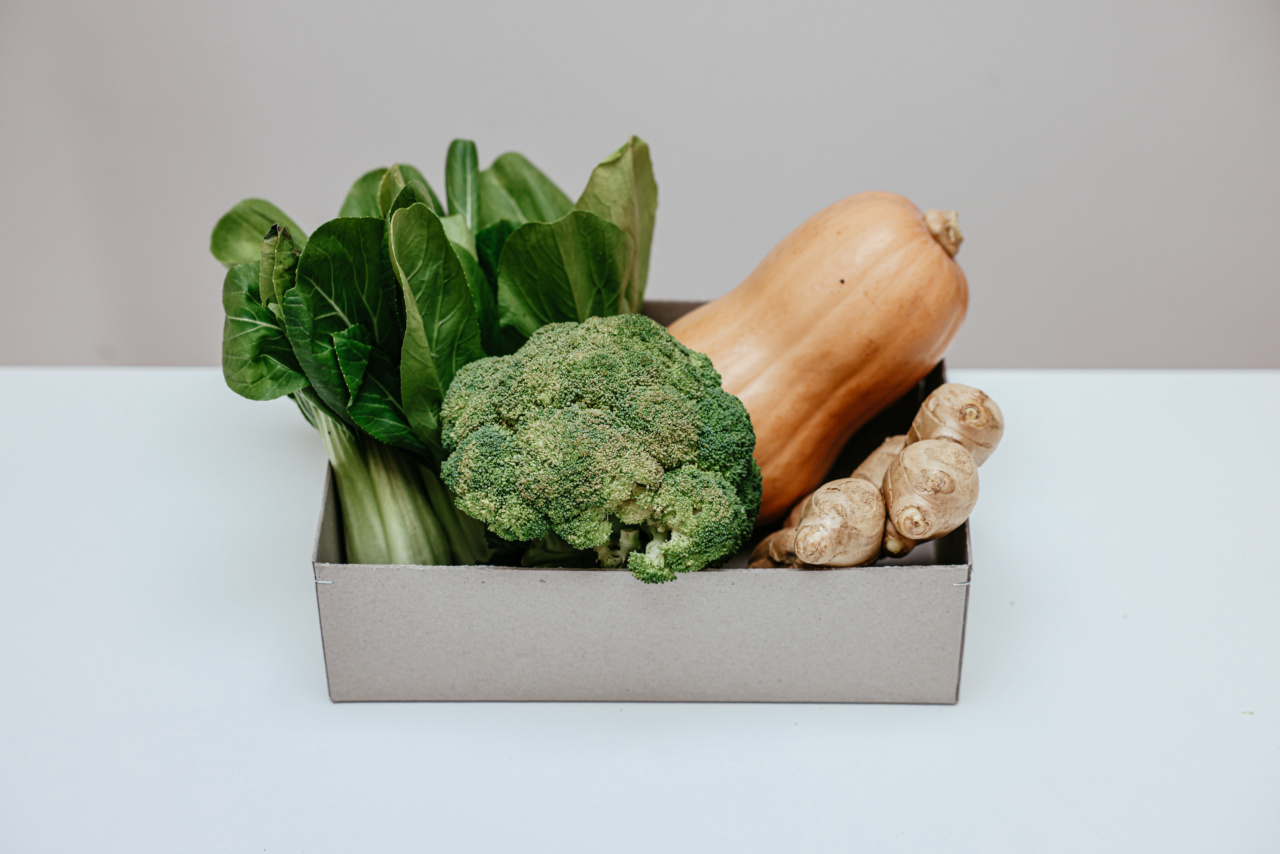Broccoli and cabbage are two popular cruciferous vegetables that are packed with nutrients and health benefits. However, some people find them to be too bitter or unpleasant in taste.
If you are one of those people, you may be wondering what causes the bitterness of broccoli and cabbage. In this article, we will explore the science behind their bitterness and how to make them more palatable.
Why are Broccoli and Cabbage Bitter?
The bitterness in broccoli and cabbage is due to a group of compounds called glucosinolates. These sulfur-containing compounds are present in all cruciferous vegetables and are responsible for their pungent and bitter taste.
When you chew or cut these vegetables, the glucosinolates are broken down into smaller compounds, including isothiocyanates, nitriles, and thiocyanates. These compounds are responsible for the distinct aroma of these vegetables and also give them their potent taste.
While glucosinolates are excellent for fighting cancer and other diseases, they can make broccoli and cabbage unappetizing to some people.
However, taste perception is subjective, and some people may enjoy the bitter taste of these vegetables, which might not be so pronounced in people with genetic differences.
How to Make Broccoli and Cabbage Less Bitter
If you find broccoli and cabbage too bitter or pungent to enjoy, there are several things you can do to make them more palatable. Here are some tips:.
1. Blanching
Blanching is a cooking method that involves briefly boiling vegetables in salted water and then immersing them in ice water to stop the cooking process.
This technique is excellent for reducing bitterness in broccoli and cabbage while retaining their nutrients. Blanching the vegetables will also make them brighter and crisper.
2. Roasting
Roasting is another excellent way to minimize the bitterness in broccoli and cabbage. Roasting these vegetables at high temperatures caramelizes the natural sugars in them, making them sweeter and less bitter.
Roasting also adds a nutty and smoky flavor to the vegetables.
3. Fermentation
Fermenting broccoli and cabbage can also reduce their bitterness and make them more appealing. Fermenting involves allowing the vegetables to sit in a saltwater brine for a few days or weeks, which encourages the growth of beneficial bacteria.
The bacteria break down the complex sugars and starches in the vegetables, resulting in a more pleasant taste and texture.
4. Pairing with Other Flavors
Another way to make broccoli and cabbage less bitter is to pair them with other flavors that complement their taste. For example, adding a little bit of honey, maple syrup, or balsamic vinegar can balance the bitterness of broccoli and cabbage.
Using herbs and spices like garlic, ginger, and cumin can also enhance the flavor of these vegetables.
The Health Benefits of Broccoli and Cabbage
Despite their bitter taste, broccoli and cabbage are incredibly healthy vegetables that provide numerous health benefits.
1. Cancer Prevention
Broccoli and cabbage contain compounds that have been shown to have anti-cancer properties, including glucosinolates, sulforaphane, and indole-3-carbinol.
These compounds help to detoxify the body, neutralize carcinogens, and prevent new cancer cells from forming. Eating cruciferous vegetables regularly has been linked to a lower risk of several types of cancers, including lung, colon, breast, and prostate cancer.
2. Heart Health
Broccoli and cabbage are both excellent sources of fiber, which is essential for maintaining heart health. Fiber helps to lower cholesterol levels, reduce inflammation, and regulate blood pressure.
These vegetables also contain antioxidants like vitamins C and E, which can protect the heart from oxidative damage and reduce the risk of heart disease.
3. Digestive Health
The high fiber content of broccoli and cabbage also promotes digestive health by keeping the digestive system regular and preventing constipation. These vegetables also contain enzymes and probiotics that can support gut health and improve digestion.
4. Immune System Boost
Broccoli and cabbage are both packed with vitamins and minerals that can boost the immune system. They are particularly high in vitamin C, which has been shown to enhance immune function and reduce inflammation.
These vegetables also contain vitamin K, which is essential for maintaining strong bones and preventing osteoporosis.
Conclusion
The bitterness of broccoli and cabbage is due to glucosinolates, which are sulfur-containing compounds present in cruciferous vegetables.
While these compounds provide numerous health benefits, they can also make these vegetables unappetizing to some people. However, there are several ways to minimize the bitterness of these vegetables, including blanching, roasting, fermenting, and pairing them with other flavors.
Despite their bitter taste, broccoli and cabbage are incredibly nutritious and provide several health benefits, including cancer prevention, heart health, digestive health, and immune system support.





























